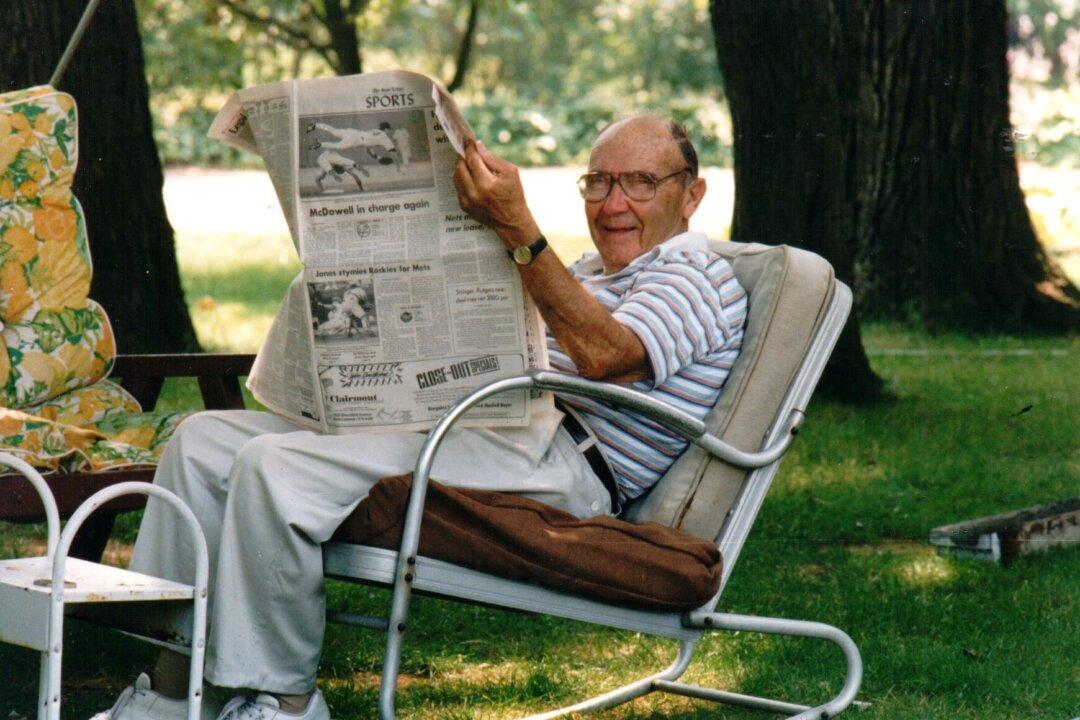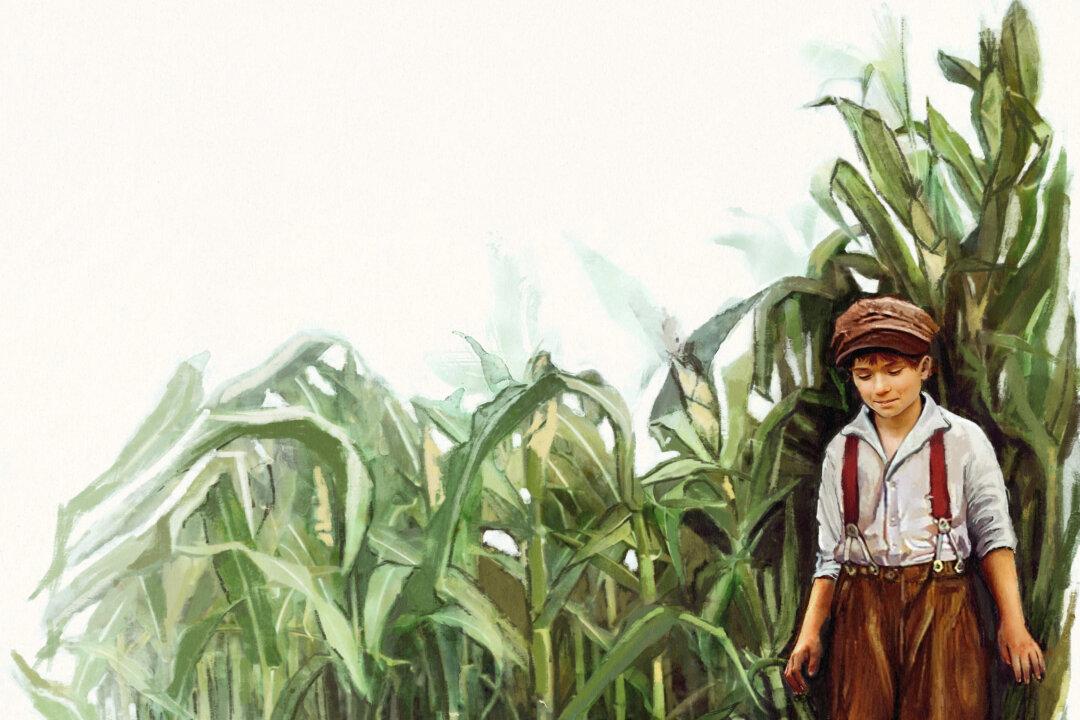Legendary football coach Vince Lombardi once said, “If we chase perfection, we can catch excellence.”
My dad’s life is very much a story of how a parentless boy, inculcated at an early age with a hardscrabble work ethic, raised a family in the pastoral village of Hopewell, New Jersey, started and operated a retail gasoline business, helped found the local Little League Baseball program, and organized and coached a local town baseball team. In fact, Andy was considered by many to be the Branch Rickey (the sports executive who helped sign Jackie Robinson into Major League Baseball) of neighboring Hunterdon County, having introduced the first black players to league play in the 1950s with his Hopewell town team. In World War II, he joined the U.S. Navy, leaving a wife and two children behind, and served in the Pacific Theater aboard a PT-Boat that sunk two Japanese destroyers during battles in the waters of New Guinea and the Philippines.
What my dad overcame in his early years was an inspiration for all, not just his immediate family members: Josephine, wife of 59 years, and my siblings, Maryann, Charles, and Amy. In baseball parlance, Andy grew up with two strikes against him. Strike one was after the untimely death of his mother, when Andy was 7. He and his three younger siblings were placed in St. Michael’s Orphanage in Hopewell, some 60 miles from the only home he knew.
Strike two was after completing eighth grade studies at St. Michael’s, when he was put to work on the orphanage’s farm. A mere four years later at age 17, during the height of the 1930s Depression, Andy decamped from St. Michael’s to ride the nation’s rails as a hobo, traveling from town to town searching for work. Most often, he worked simply for a meal.
Early in his search for work, while hungry and broke, my dad jumped from a boxcar of a chugging westbound train as it slowed its pace through a small Ohio town. During this stop, he—purely by chance—found a wallet on the floor of a gas station men’s bathroom. The wallet contained $35 cash, twice the average weekly salary of a Depression-era employed worker. Despite his dire straits and growling belly, Andy did the right thing. He brought the cash-filled wallet to the proprietor for safekeeping. Andy explained his reasoning: “I just knew that the man who lost the wallet would likely retrace his steps, and it was the right thing to do, to help him recover what he’d lost.” Inspiring, my dad’s honesty.
But honesty was not the only inspirational arrow in my dad’s quiver. During the Korean War in the early 1950s, my dad exhibited his abiding empathy for others. As the year-end holidays were approaching, he learned of a local young man who was serving as a U.S. Army infantryman on the front lines in Korea. Andy mailed a fruitcake to the infantryman, which arrived on Christmas Eve. The soldier shared the fruitcake with his foxhole buddies, survived the war, and, upon his return home, became a lifelong friend.


